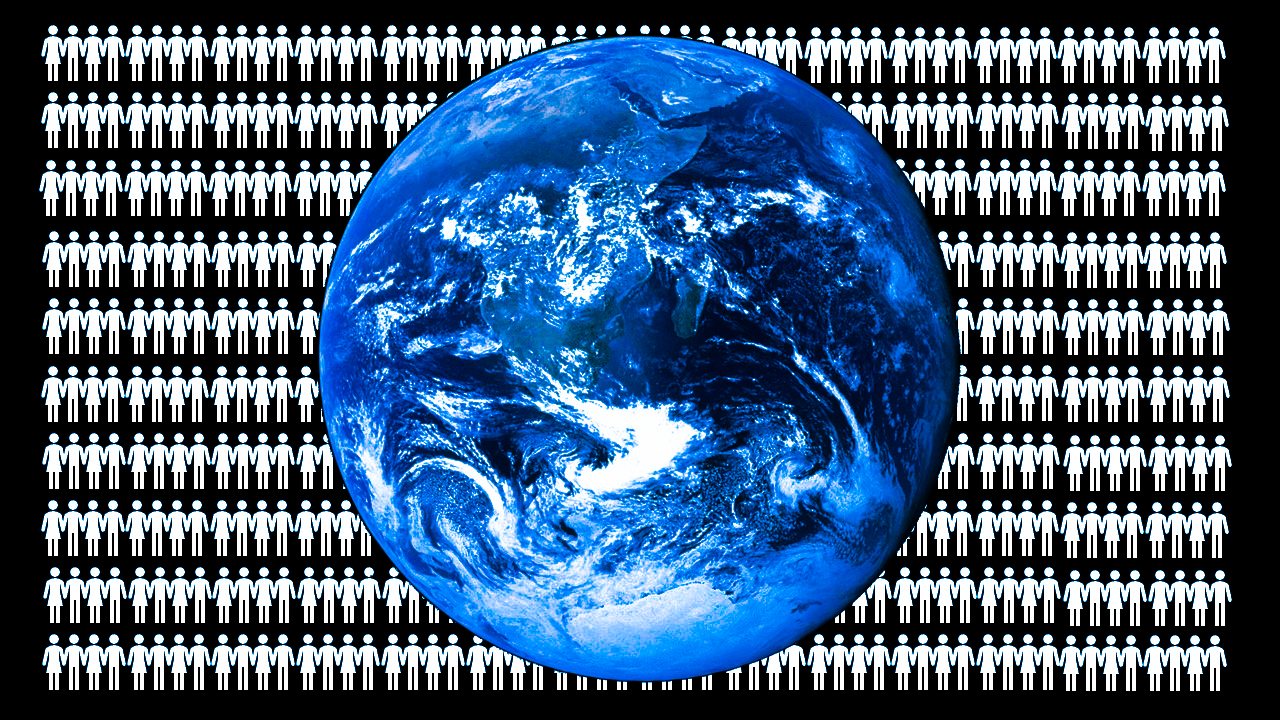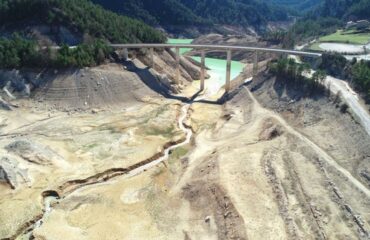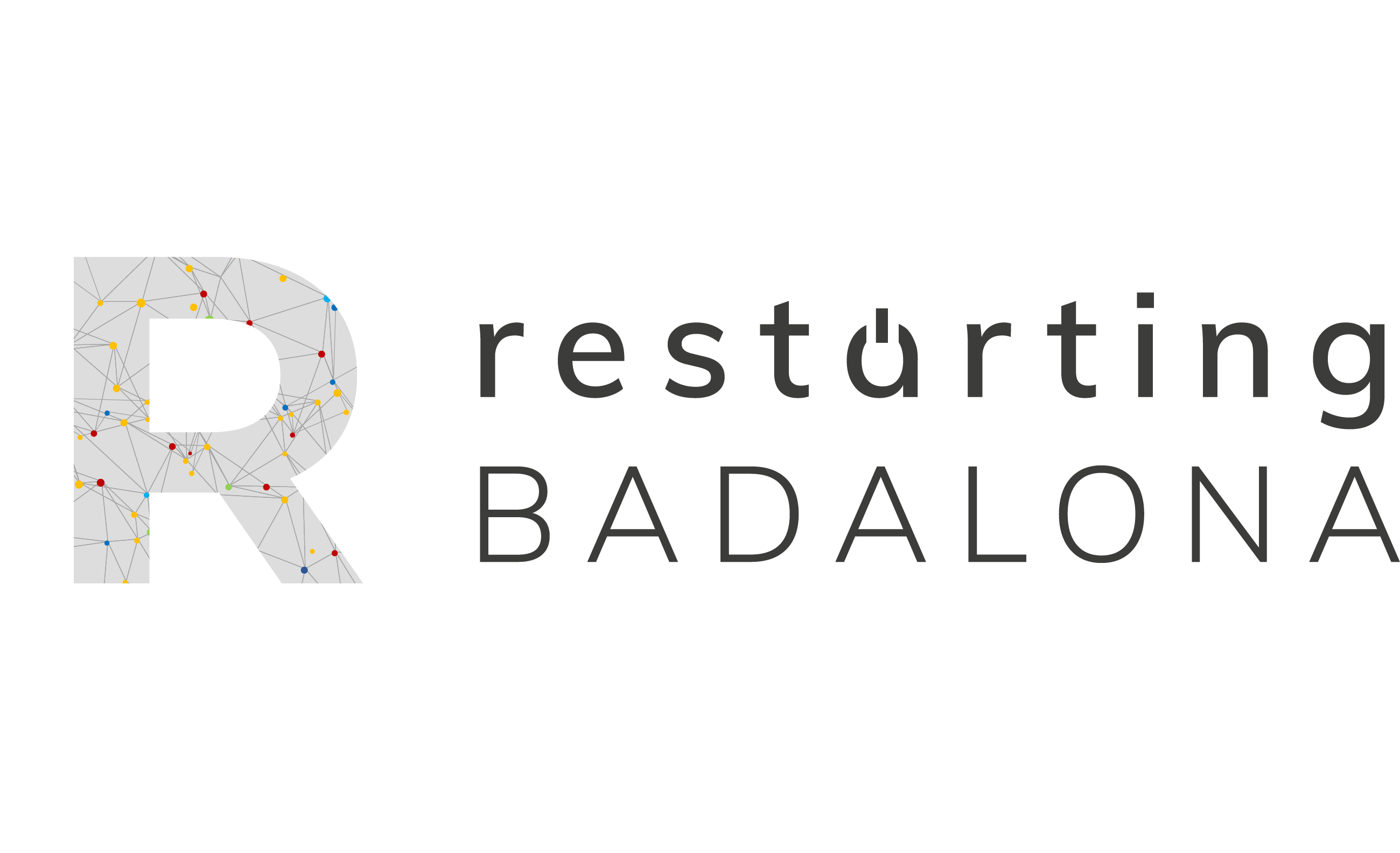
In 1987, the Generalitat launched the campaign We are 6 million, which in one of the advertisements said “… and to govern ourselves and help us progress we all have the Generalitat”. No one will campaign We are eight billion. Who should do it? The UN, what is it that tells us? On November 15, we reached eight billion people in the world, a figure that is twice the population of just forty-eight years ago. The world population is growing at the slowest rate since 1950 and in 2020 it fell below 1%. The latest United Nations projections suggest that the world population could grow to 9.7 billion by 2050. It is expected to peak at around 10.4 billion people during the 2080s and remain at this level until 2100.
The question is inevitable: is the continued growth of the population compatible with sustainable development?
According to the UN, rapid population growth makes it more difficult to eradicate poverty, fight hunger and increase the coverage of health and education systems. On the contrary, achieving the Sustainable Development Goals of the 2030 Agenda, especially those related to health, education and gender equality, will contribute to reducing fertility levels and slowing down the growth of the world population. Therefore, we are doing well, my simplistic-optimistic self would say.
But the UN also projects the proportion of the world’s population aged 65 and over to rise from 10% today to 16% in 2050. Then the number of people aged 65 and over worldwide will be more than double the number of children under 5 years of age and approximately the same as the number of children under 12 years of age. The aging of the population poses a challenge for the sustainability of the health, pension and long-term care systems that we will need. The open bar of financing for countries and individuals, which we had come to believe to be infinite, is reaching its limit. Nouriel Roubini, a New York University professor known for being one of the few who saw the 2008 global financial crisis coming, calls it “the demographic time bomb,” which he places on a list of the top 10 threats to that we are facing Therefore, we are not doing well, my far-fetched-pessimist self would say.
Is continued population growth compatible with sustainable development?
It does not seem easy to decide where we should go, but if it were in my hands, I would choose the path of sustainable growth, which understands that we live on a planet that we have squeezed almost to the limit and that the risks of continuing with the obsession with economic growth, Associated with that of the population, it is unapproachable with the solution that has worked so far: innovation facilitated by scientific and technological progress applied to production processes.
We need new economic models oriented towards much more ambitious and shared goals that focus on improving people’s lives and conserving the planet, and that probably implies giving up economic growth and a much better distribution of wealth. Don’t worry, I’m not proposing communist revolution; It became clear that it doesn’t work. But it is clear to me that the role that governments should play in the economy must be thoroughly rethought, with the instruments and structures they need, and how to build a new form of collaboration between public and private organizations to work synergistically, sharing risks and benefits. , for solving the main global challenges.
It will not be easy. Political leaders avoid facing the future and do not make difficult decisions because they want to be re-elected. Multilateral approaches are regressing and unilateral approaches are advancing once again: Brexit, Trump, Putin… Often ratified by the ballot box. Without generosity and collaboration we will not get ahead.
Clear thoughts become clear statements, while ambiguous ideas become empty ramblings. The problem is that, in many cases, we lack serious lucid thinking. The world is complicated and it takes a lot of mental effort to fully understand even one facet of it. It is often best to heed Mark Twain: “If you have nothing to say, say nothing.”
Martí Casamajó, member of the Restarting Badalona association



